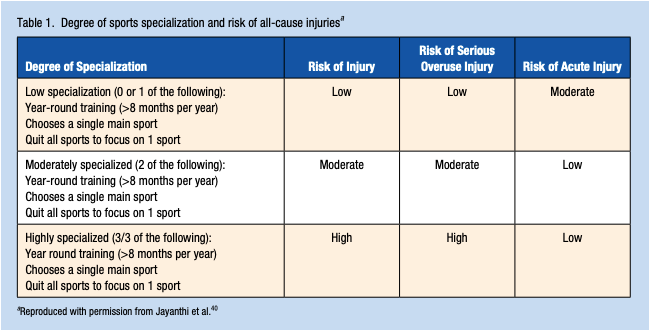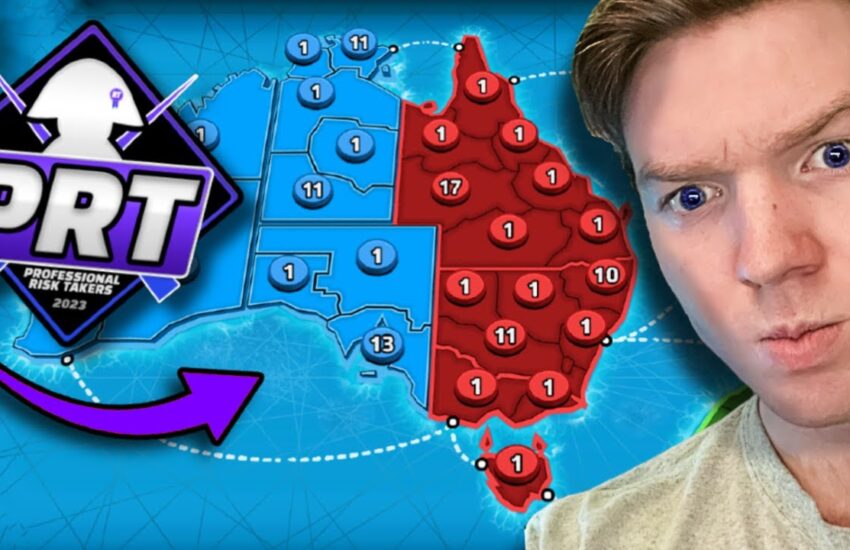Specialized Risk Competitions: Understanding the Landscape
In recent years, specialized risk competitions have gained traction, capturing the attention of diverse audiences, from seasoned risk professionals to aspiring enthusiasts. With an estimated growth of 20% in participation rates globally over the past five years, these competitions have established themselves as an essential platform for skill development and networking within the risk management community. This article delves into the various aspects of specialized risk competitions, highlighting their significance, structure, and what participants can expect. We will explore crucial themes such as risk assessment, competitive strategies, and how to excel in these unique environments.
Readers will discover what makes these competitions unique, the skills necessary for success, and valuable resources to enhance their preparation. We will also provide insights into practical examples and case studies that illustrate success stories. By the end of this article, you will have a comprehensive understanding of specialized risk competitions and how they can benefit your career in risk management.
This journey begins with a detailed exploration of what specialized risk competitions entail, the growing trend of participation, and the essential skills required. Let’s dive in!
What Are Specialized Risk Competitions?
Specialized risk competitions are structured events that challenge participants to assess and manage various risks in a competitive setting. These can involve real-world case studies, simulations, or theoretical scenarios that require participants to demonstrate their understanding and application of risk management principles.
The Evolution of Risk Competitions
Risk competitions have evolved from informal gatherings to highly structured events that draw participants from across the globe. Initially, these competitions targeted academic institutions, but the trend quickly expanded to include industry professionals, creating opportunities for networking and knowledge exchange.
Types of Competitions
- Case Study Competitions: Participants analyze real-world scenarios and develop risk management strategies.
- Simulation Competitions: These competitions replicate real-life crisis situations where participants must respond rapidly and effectively.
- Online Challenges: These offer flexibility in participation and allow individuals to showcase their skills at their convenience.
The Importance of Risk Competitions
Participating in specialized risk competitions serves multiple purposes. It helps participants to hone their skills, gain industry insights, and build a professional network. Additionally, these competitions often lead to job placements and internships for top performers.
Essential Skills for Success
While competing in these risk competitions, participants must leverage a diverse skill set that encompasses technical abilities and soft skills.
Technical Skills
- Risk Assessment: A strong foundation in identifying and evaluating risks is crucial for success.
- Data Analysis: Utilizing quantitative data to support decision-making processes.
- Financial Acumen: Understanding the economic implications of risk choices enhances strategic thinking.
Soft Skills
- Communication: Effectively articulating risk management strategies to diverse stakeholders is vital.
- Teamwork: Collaborating with peers to achieve common goals boosts collective performance.
- Critical Thinking: The ability to analyze various scenarios and make sound judgments under pressure.
Strategies for Excelling in Competitions
To succeed in specialized risk competitions, aspiring participants must adopt specific strategies that enhance their competitiveness.
Preparation and Research
Thorough preparation is key. Participants should familiarize themselves with competition formats, review past case studies, and engage with experts in the field to gain insights into successful strategies.
Collaboration and Networking
Building relationships with fellow participants and mentors can provide valuable support and resources. Engaging in discussions and sharing insights fosters a collaborative environment that enhances learning experiences.
Practice Through Mock Competitions
Participating in mock competitions allows individuals to experience the pressure and dynamics of a real competition while providing the opportunity to refine their skills.
Real-World Case Studies
To further illustrate the impact of specialized risk competitions, we will explore notable case studies that showcase participant success and learning outcomes.
Case Study 1: The Rise of a Risk Management Leader
John Doe, a recent graduate, participated in a national risk assessment competition that allowed him to showcase his analytical skills. His team developed an innovative solution to a simulated economic crisis, which earned them first place. This recognition opened doors for John, leading him to a coveted internship in a leading consultancy.
Case Study 2: Enhancing Team Dynamics Through Competition
Another team, composed of university students, utilized their participation in a series of regional competitions to improve their collaborative processes. They won several accolades, but more importantly, they established strong professional bonds that contributed to their future successes in the industry.
Conclusion
Specialized risk competitions provide invaluable opportunities for participants to develop essential skills, network with peers, and demonstrate their capabilities in real-world scenarios. As the field of risk management continues to evolve, engaging in these competitions can significantly enhance one’s professional trajectory.
As you consider participating in these events, focus on building the necessary skills, preparing strategically, and leveraging networking opportunities. Through dedication and practice, you can thrive in the competitive landscape of risk management.
For more information on specialized risk competitions and to stay updated on upcoming events, check out the resources here and here.

In conclusion, specialized risk competitions are a vital component of professional development in the risk management field. By participating, you not only enhance your skills but also position yourself for future opportunities in this dynamic and exciting industry.
